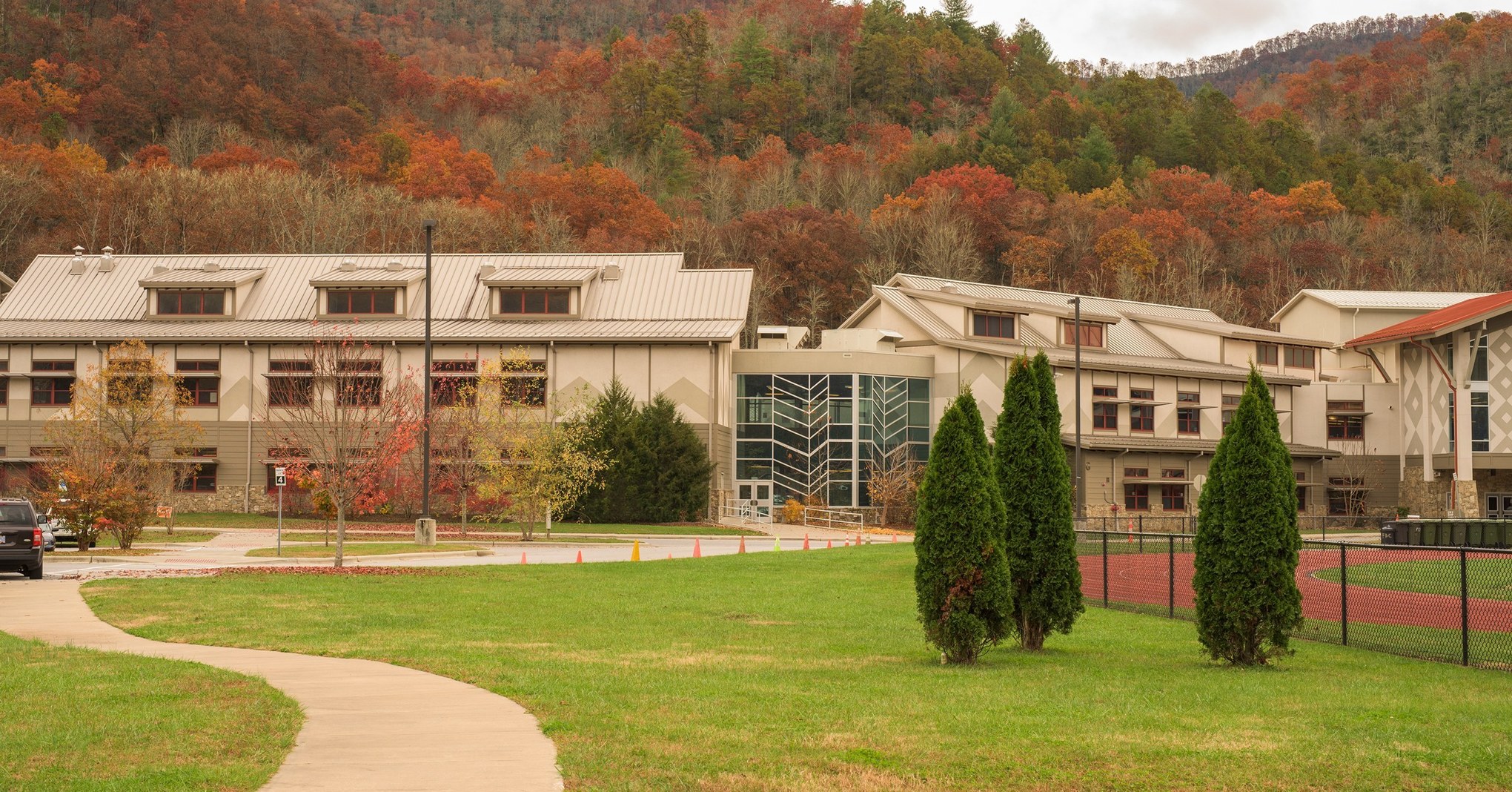SKOOTER MCCOY WAS 20 years old when his wife, Michelle, gave birth to their first child, a son named Spencer. It was 1996, and McCoy was living in the tiny town of Cherokee, North Carolina, attending Western Carolina University on a football scholarship. He was the first member of his family to go to college.
McCoy’s father had ruined his body as a miner, digging tunnels underneath lakes and riverbeds, and his son had developed a faith that college would lead him in a better direction. So McCoy was determined to stay in school when Spencer came along. Between fatherhood, football practice, and classes, though, he couldn’t squeeze in much part-time work. Michelle had taken an entry-level job as a teacher’s aide at a local childcare center right out of high school, but her salary wasn’t enough to support the three of them.
Then the casino money came.
Just months before Spencer was born, the Eastern Band of Cherokee Indians opened a casino near McCoy’s home, and promised every one of its roughly 15,000 tribal members—among them Skooter and Michelle—an equal cut of the profits. The first payouts came to $595 each—a nice little bonus, McCoy says, just for being. “That was the first time we ever took a vacation,” McCoy remembers. “We went to Myrtle Beach.”
Once Spencer arrived, the checks covered the family’s car payments and other bills. “It was huge,” McCoy says. He graduated college and went on to coach football at the local high school for 11 years. Two decades later, McCoy still sets aside some of the money the tribe gives out twice a year to take his children—three of them, now—on vacation. (He and Michelle are separated.) And as the casino revenue has grown, so have the checks. In 2016, every tribal member received roughly $12,000. McCoy’s kids, and all children in the community, have been accruing payments since the day they were born. The tribe sets the money aside and invests it, so the children cash out a substantial nest egg when they’re 18. When Spencer’s 18th birthday came three years ago, his so-called “minor’s fund” amounted to $105,000 after taxes. His 12-year-old sister is projected to receive roughly twice that.
Sourced through Scoop.it from: www.wired.com



Leave A Comment